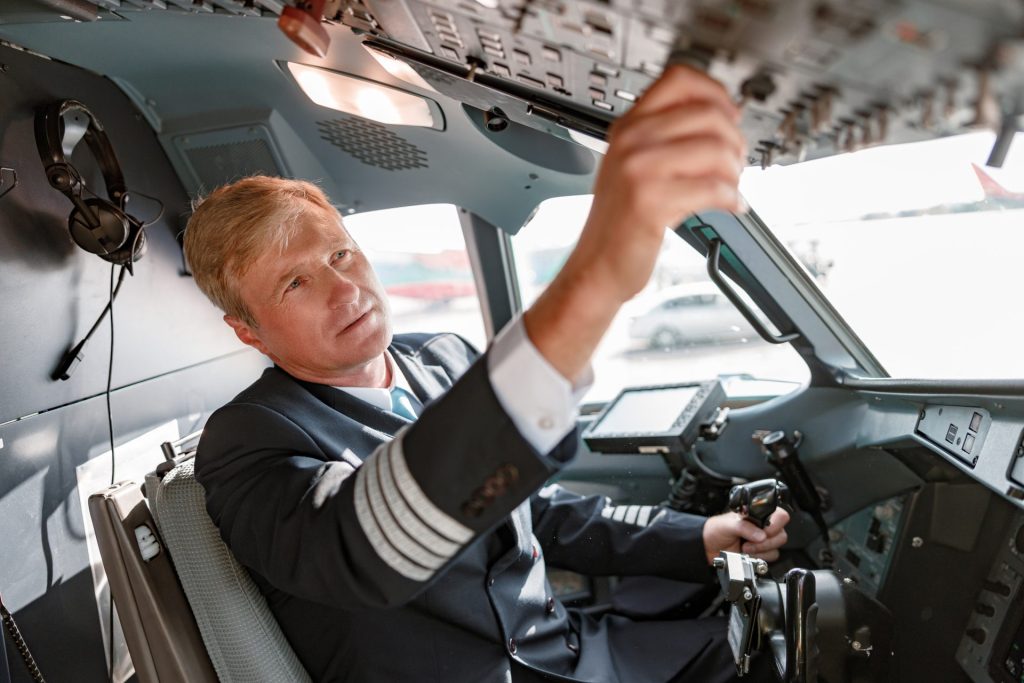A Standard Airworthiness Certification is the Federal Aviation Administration’s (FAA) official authorization regarding the operation of type-certificated aircraft, including:
- Normal
- Utility
- Acrobatic
- Commuter
- Transport
- Manned free balloons
- Special classes
The FAA states that a Standard Airworthiness Certification remains valid as long as the aircraft is in a condition for safe operation, maintenance, and preventative maintenance and meets its approved type design and necessary alterations. If the plane sustains significant damage, this situation calls for re-certification.
Can I Fly a Plane Without a Certificate?
No person can legally operate an aircraft without a standard airworthiness certificate issued by the FAA, under 91.715. This certification proves the safety of an aircraft and must always be visible to passengers and crew members while operating a plane.
A standard airworthiness certificate is essential for other reasons, too. For instance, if you have plans to sell your aircraft or use it for commercial transportation purposes. Potential customers and buyers will likely take their business elsewhere without this validation.
When selling an aircraft, a change of ownership does not require a re-issue or re-validation of the aircraft’s standard airworthiness certificate. This is why it’s essential to be in place.
How Do I Apply for a Standard Airworthiness Certificate?
There are basic steps a pilot must go through to obtain an airworthiness certificate in the Standard or Special class. This includes completing the online registration and application process or filling out a paper application to determine the aircraft’s eligibility through the FAA.
To certify an aircraft, obtaining certification costs approximately one million for up to three seats, $25 million for a general aviation aircraft, and hundreds of millions of dollars for a commercial airliner.
Making sure your aircraft is eligible for certification is essential, as certification delays can cost airplane owners thousands or millions of dollars, depending on the aircraft type. Deferring to an aviation lawyer is a proactive way to avoid costly mistakes in the certification process.
When Might an Aviation Lawyer Be Needed?
Legal issues “in the air” differ from other areas of law “on the ground” as aviation operations cross state and international lines. There are more nuances and complexities to manage, given the realities of the job.
Aviation lawyers help with the “business” side of aviation so airplane owners can focus on doing what they do best—operating the plane and keeping passengers safe.
The assistance of an aviation lawyer could include legal counsel regarding an aircraft purchase or sale and navigating complex aviation regulations and practices by various governing bodies. Additionally, an aviation lawyer can assist with overall operations and management, as well as managing personal injury and wrongful death claims.
From contract assistance to insurance to legal representation, count on our global aviation lawyers to handle your needs: 954-869-8950.

 CALL US NOW
CALL US NOW






